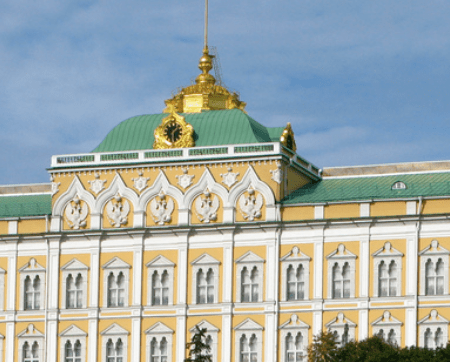(GEURASIA) Before the Ukraine crisis, the ruling regime in Minsk enjoyed a rather comfortable foreign policy position vis-à-vis Moscow. On the one hand, Belarus declared itself Russia’s closest ally, a bulwark against NATO and a committed participant of the Russia-led Collective Security Treaty Organization (CSTO). As a member of the bilateral Russian-Belarusian Union State – a unique quasi-confederate format of post-Soviet reintegration, founded in 1999 – Belarus was receiving cheap energy, massive direct financial assistance and privileged access to Russian markets. On the other hand, Minsk often behaved contrary to Moscow’s apparent wishes. Belarus kept control over its key economic assets, instead of transferring it to Russian economic actors. It maintained close relations with Georgia even in times of the peak of Russian-Georgian conflict and refused to follow Russia in recognizing the independence of breakaway Abkhazia and South Ossetia. In 2009, Belarus joined the EU’s Eastern Partnership, despite Moscow’s extremely negative attitude to the initiative.
Even after the presidential elections of 2010 in Belarus, followed by the most brutal repression against the opposition – to which the EU and the US responded by imposing individual sanctions against regime officials – the situation did not change critically. Moscow chose not to exploit the worsening of Belarusian-Western relations for squeezing more concessions from Minsk, but, on the contrary, continued to provide support. There are several explanations. […]
Read More © GEURASIA











